
Specializing in providing all types of electronic invoices of all network operators in Vietnam at the best price, along with many other free support modes depending on customer needs.
# Full range of network operators in Vietnam # Cheap Viettel electronic invoices # Cheap VNPT electronic invoices # Cheap BKAV electronic invoices
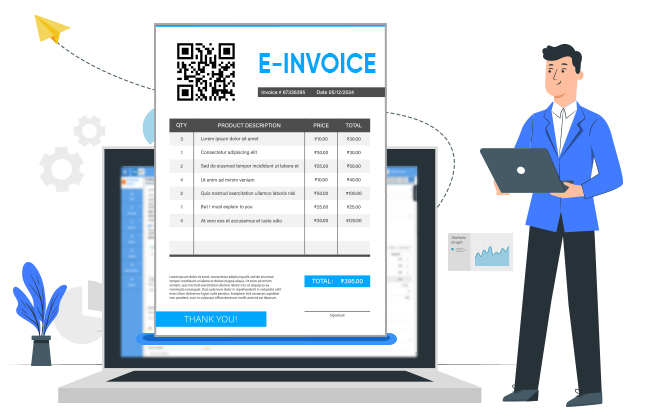
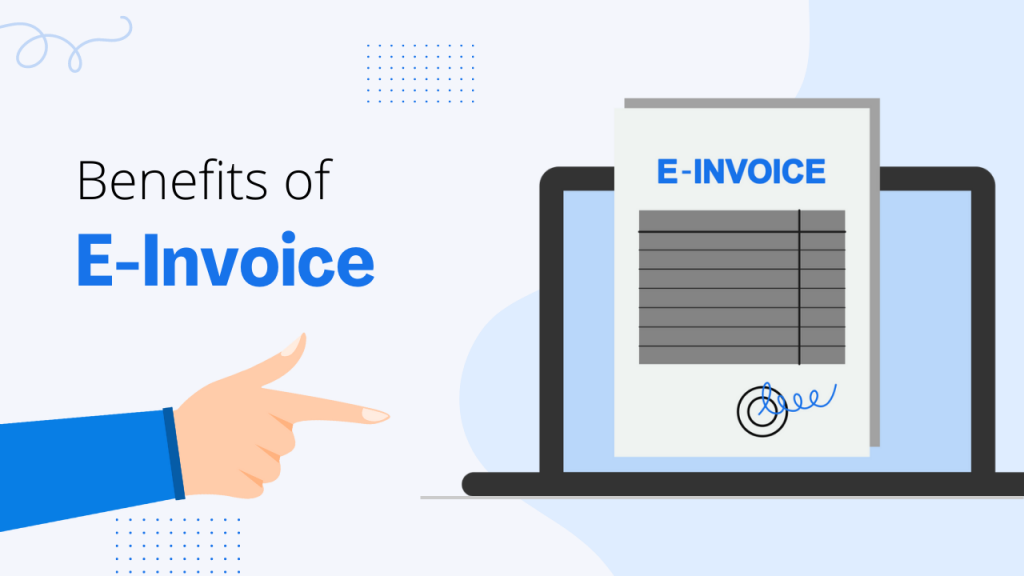
Name stamp engraving service upon request, accurately engraving the name of an individual or organization, designed according to the template. Electronic invoices are legal documents created, established, digitally signed and sent online, completely replacing paper invoices. From Circular 78, businesses and business households must use electronic invoices to comply with legal regulations and transparent management.
Using e-invoices helps businesses comply with the law, save on printing costs, reduce the risk of loss and enhance professionalism. Register today to avoid interruptions when the tax authorities inspect.
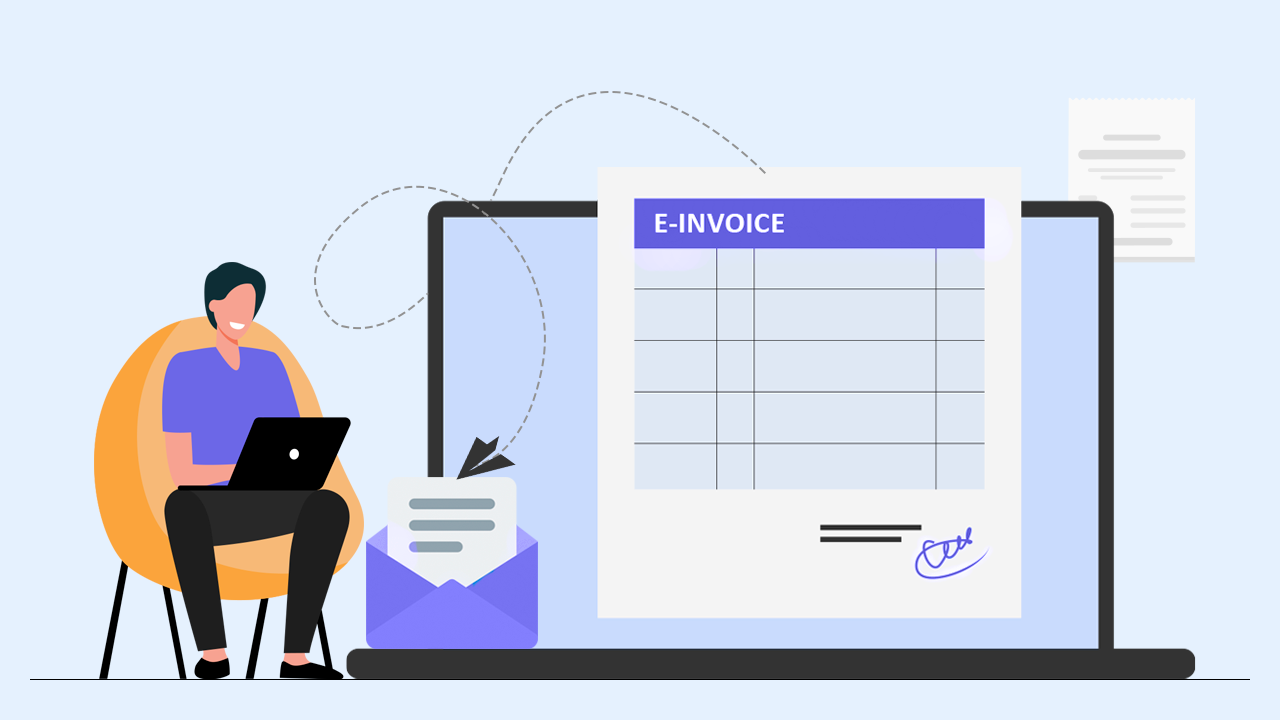
Electronic invoices help save up to 80% of costs compared to paper invoices, eliminate the risk of counterfeiting, and are convenient in issuance, storage, and retrieval. This is the optimal digital transformation solution for all businesses.
When switching to electronic invoices, you can issue them quickly in just a few minutes, sending them directly via email to customers. Contact us now for advice on optimal solutions, quick implementation, ensuring validity and safety.
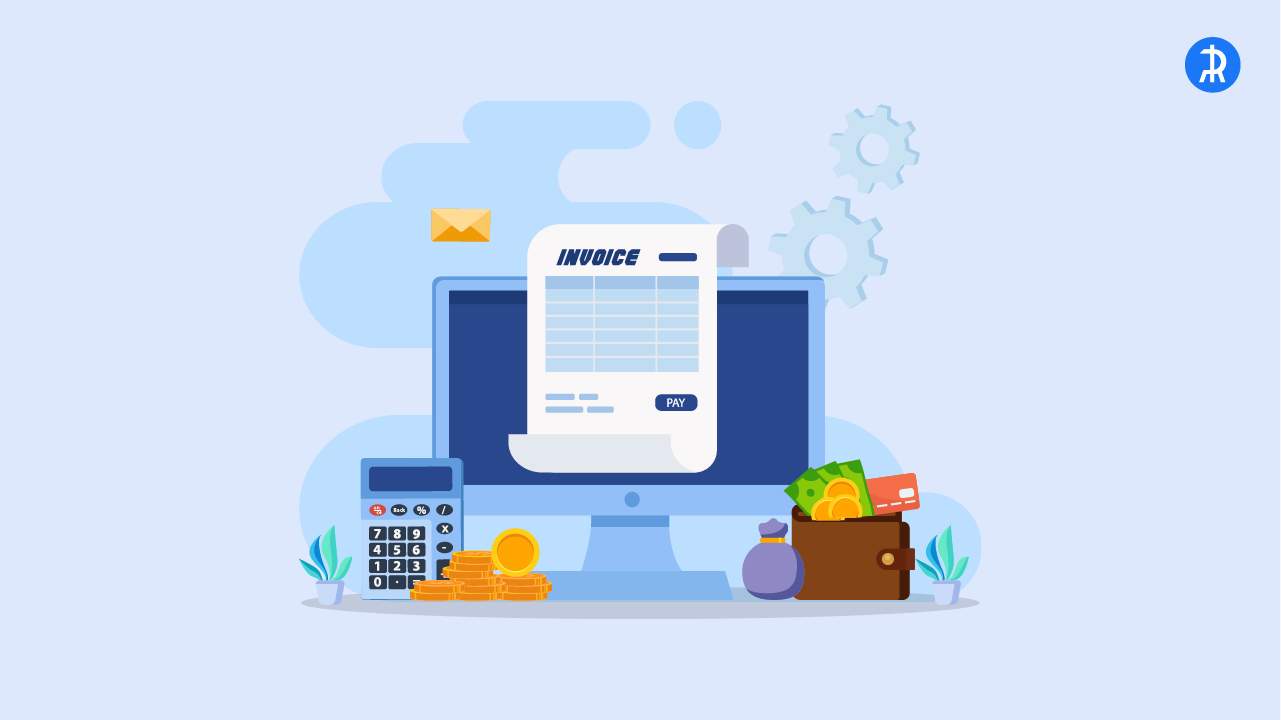
Businesses can use VAT invoices, sales invoices, direct invoices, service invoices... All have electronic versions recognized by law. The system also supports many beautiful invoice templates, customizable according to needs.
Depending on the nature of your business, you will need different types of invoices. We provide a full range of electronic invoice templates from VAT to retail. Contact us now for guidance on choosing the right template and quick implementation.

The procedure for issuing electronic invoices is very simple: just need a digital signature and a business license. The system will support the registration of issuance to the tax authority and the installation of invoice issuance software in just a few steps.
With our full service, we do all the procedures for you, from registration to issuance. You just need to use it, no need to worry about the complexity. Contact us for quick implementation, ensuring legality and data security.
Business households are also required to apply electronic invoices when their revenue exceeds the prescribed threshold. This is an important step to manage transparency, avoid risks and meet tax authority requirements.
If you are a business household confused about the procedures, we support registration and implementation of electronic invoices in a short time. Do not let your business be interrupted, contact us immediately for detailed instructions.
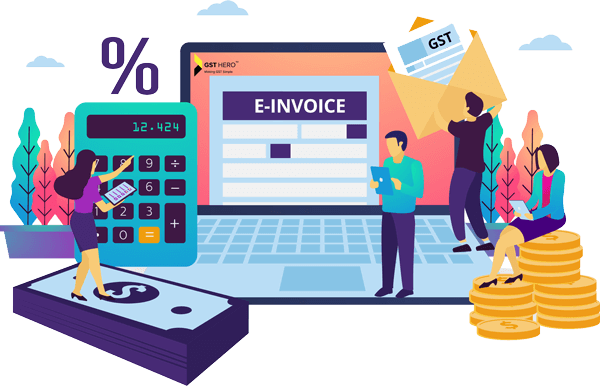
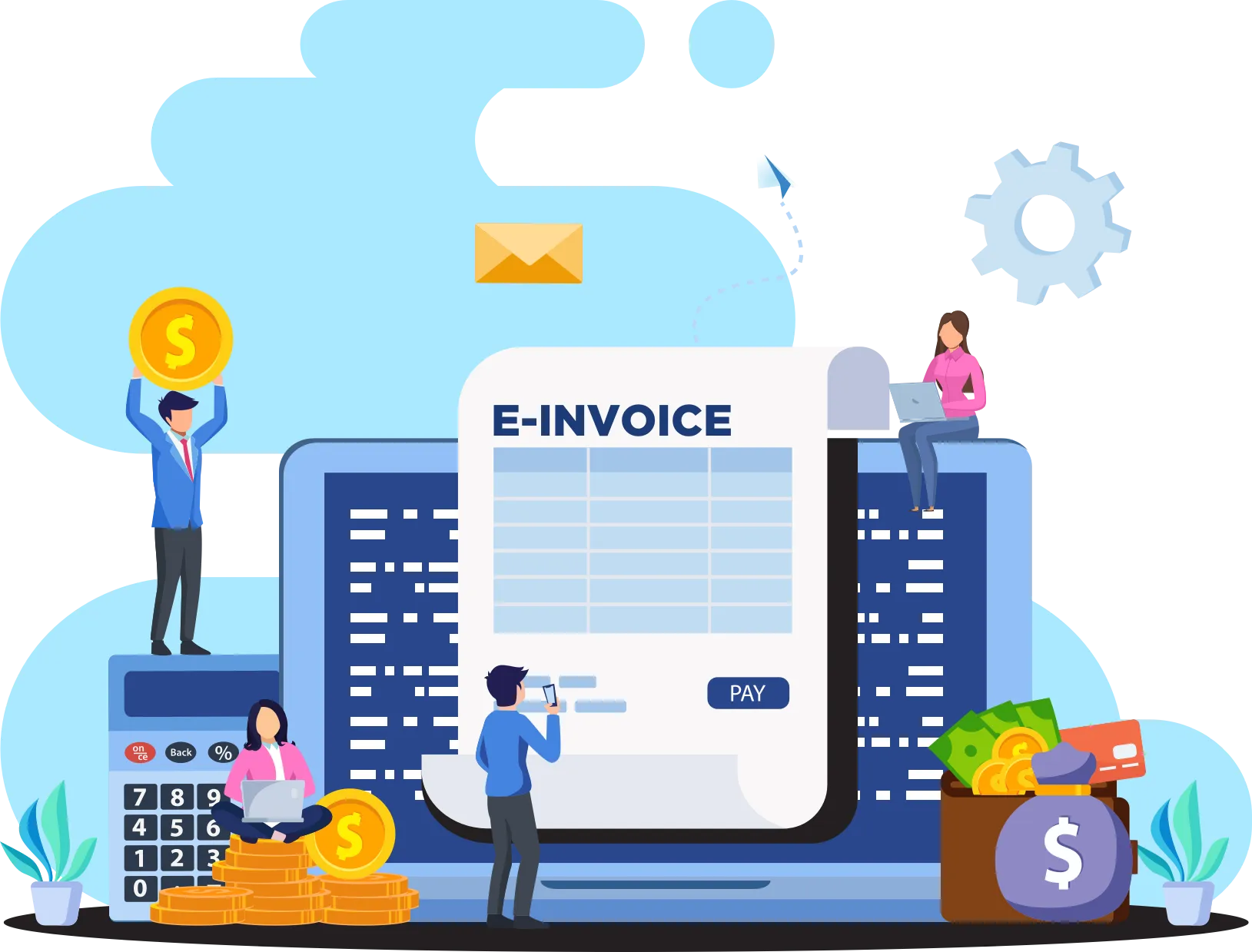
There are many electronic invoice software such as Viettel, VNPT, MISA, BKAV… recognized by the Ministry of Finance. These solutions meet the needs of small businesses to corporations, ensuring safety and ease of use.
We are official partners of many leading e-invoice providers. Contact us for advice on suitable solutions, quick installation and 24/7 technical support.
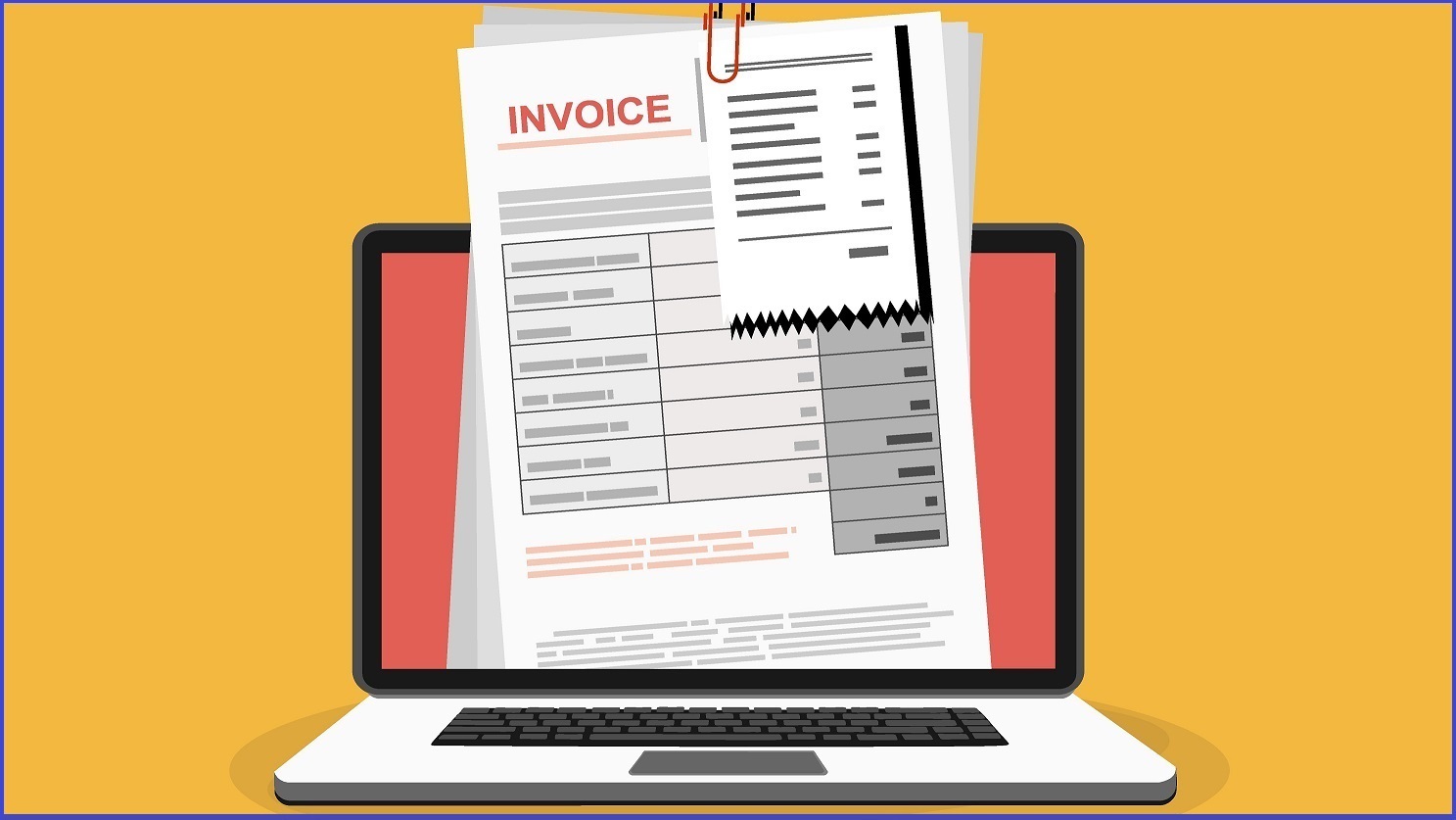
Electronic invoices are stored on the cloud computing system and can be easily searched via the website or app. Users can conveniently check, search and download at any time.
Don't let lost invoices affect your work. With the electronic invoice system, you can access it anytime, anywhere. Contact us now to experience the fast and secure lookup feature.
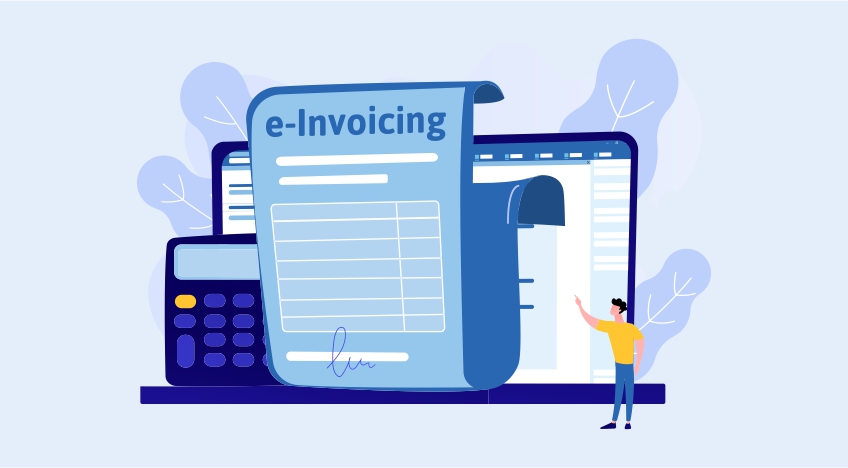
Many industries such as petroleum, transportation, telecommunications, public services, etc. apply electronic invoices according to their own regulations. Proper implementation is mandatory to avoid fines and ensure validity.
We provide specialized electronic invoice solutions for each field. Contact us now for consultation and implementation of a system suitable for your industry.
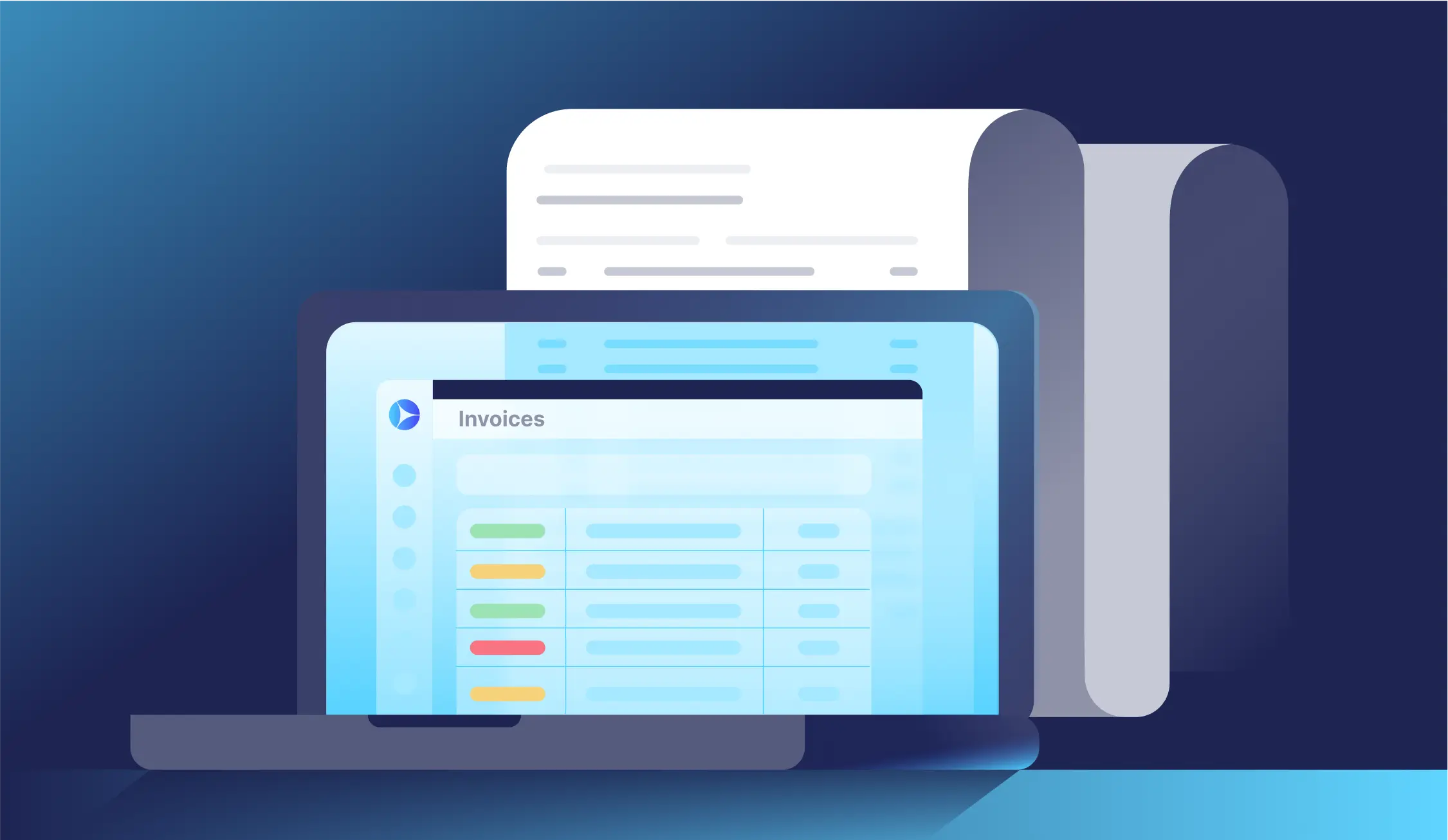
Electronic invoices use encryption technology, digital signatures and multi-layer authentication. This ensures that they are not edited, counterfeited, and are recognized by law.
We are committed to providing absolutely safe electronic invoice solutions and securing business information. Contact us now for consultation and implementation of genuine services.
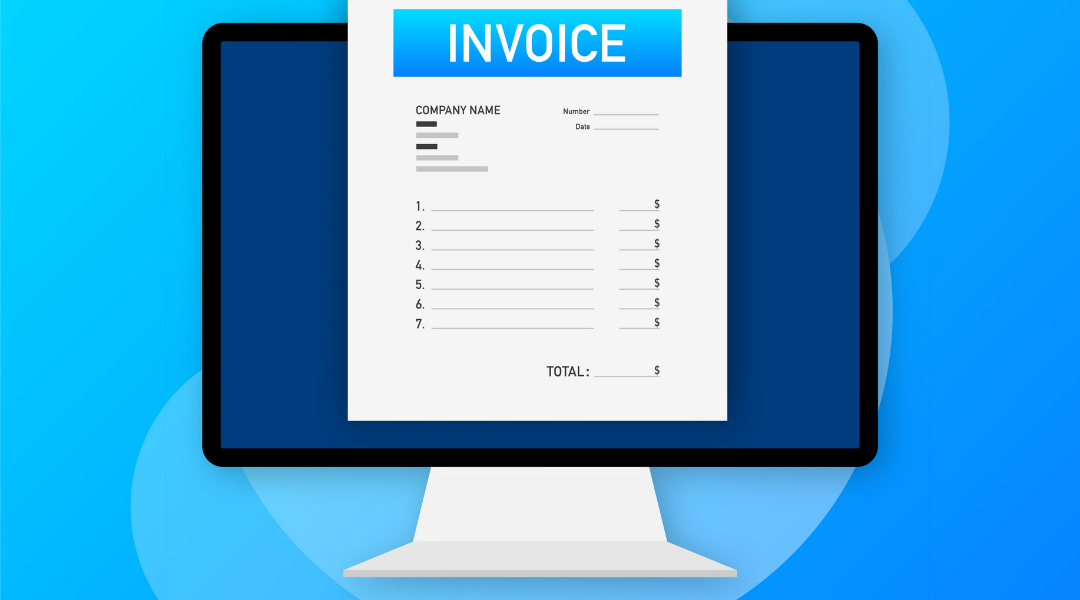
When using electronic invoices, businesses will always need support in registration, issuance, and error handling. We have a technical team available 24/7, giving you absolute peace of mind.
Sign up for the service today to receive full support from A–Z. Our team of experts is always ready to accompany your business on the digital transformation journey.
This content provides a solid knowledge base, helping readers understand the nature, benefits and legal framework of electronic invoices. This is an important premise to explore the registration, usage and selection processes of suitable suppliers, ensuring businesses operate legally and effectively.
To operate correctly, it is necessary to understand correctly first. According to the provisions of Decree 123/2020/ND-CP of the Government, an electronic invoice (E-invoice) is an invoice with or without a code from the tax authority, expressed in the form of electronic data. It is created by organizations and individuals selling goods and providing services to record information about sales and service provision and is signed with a digital signature or electronic signature according to regulations.
In fact, many people often confuse the concepts. It is necessary to clearly distinguish:
Electronic invoice: This is a form of invoice, replacing the traditional paper form.
Value added invoice (VAT invoice / Red invoice): This type of invoice is applied to organizations and businesses that declare tax according to the deduction method. This invoice clearly shows the VAT rate.
Sales invoice: This is the type of invoice applied to organizations and individuals who declare taxes using the direct method.
Therefore, terms such as "electronic red invoice" or "electronic VAT invoice" are actually common names for Value Added Tax Invoices that are created, created and processed on the computer system of an organization that has been granted a tax code when selling goods and services and are stored on the computers of the parties according to the provisions of the law on electronic transactions.
The shift from paper to e-invoicing is not just a technological trend, it is a revolutionary step forward in operational efficiency. A direct comparison of the core aspects will show why this is an inevitable change. A visual comparison table will be a powerful persuasive tool, helping business owners and accountants clearly see the benefits and urgency of the transition.
| Criteria | Electronic invoice | Paper invoice |
| Expense | Almost zero. Completely eliminate printing, paper, ink, courier, and storage costs. | Very high. Includes printing costs, paper, ink, postage, administration, and storage space. |
| Time | Instant. Create, sign and send to customers via email, Zalo, SMS in just a few seconds. | It takes days. The process involves handwriting/printing, signing, stamping, putting it in an envelope, sending it to the post office, and waiting for the customer to receive it. |
| Procedure | Automation. Data is entered once, automatically calculated, integrated with accounting software, minimizing errors. | Manual. Error-prone when handwriting, multiple data entry, complex process, labor-intensive. |
| Security | Very high. Digitally signed, integrity guaranteed, non-repudiation. Difficult to counterfeit, easy to authenticate. | Low. Easily counterfeited and erased. Difficult to verify origin. High risk in large transactions. |
| Archive & Search | Safe, smart. Stored on the cloud, no worries about loss, fire, or damage. Look up anytime, anywhere with just a few clicks. | High risk. Easily lost, damaged by termites, mold, fire. Searching and looking up an old invoice takes a lot of time and effort. |
| Manage | Efficient. Easily aggregate data, create tax reports, and automatically reconcile accounts receivable. Make financial operations transparent. | Difficult. Must be manually compiled, prone to errors. Difficult to control and centrally manage, especially for businesses with many branches. |
The application of electronic invoices brings undeniable benefits, directly affecting the financial health and operational efficiency of businesses.
Cost optimization: This is the most obvious benefit. Businesses will completely cut costs for printing, purchasing paper, ink, express delivery costs, and costs for building and maintaining storage facilities. Analysis shows that the shipping cost for 200 paper invoices can be up to 800,000 VND, while the cost of sending 200 electronic invoices is almost negligible.
Save time & Improve efficiency: The process is automated from creating, exporting to sending invoices, helping the accounting department free itself from time-consuming manual tasks. Transaction time is shortened, helping businesses recover debts faster, improving cash flow.
Increased safety & security: Electronic invoices completely eliminate physical risks such as fire, damage, or loss. More importantly, each invoice is digitally signed by the business, ensuring uniqueness, data integrity, and non-repudiation. This helps minimize invoice counterfeiting, protecting both businesses and customers.
Smart and transparent management: All input and output invoices are stored centrally on a single system. This allows for extremely fast and accurate searching, statistics, and tax reporting. Management can easily monitor financial status anytime, anywhere.
Promoting comprehensive digital transformation: Applying electronic invoices is a fundamental step, creating momentum for businesses to deploy other digital management solutions such as electronic contracts and cashless payments. This not only improves internal efficiency but also builds the image of a modern, professional business in the eyes of partners and customers.
Switching to e-invoicing is not an option but a legal requirement. Businesses need to master the core legal documents to ensure compliance.
Decree 123/2020/ND-CP: This is the most important legal document, detailing the management and use of invoices and documents. This Decree officially defines the conversion roadmap and regulations on the content, format, and timing of electronic invoices.
Circular 78/2021/TT-BTC: This document provides specific guidance on the implementation of a number of articles of the Law on Tax Administration and Decree 123. Circular 78 clarifies types of invoices, registration procedures, error handling, and related forms.
Mandatory roadmap: From July 1, 2022, 100% of enterprises, economic organizations, business households, and individual businesses must switch to using electronic invoices.
An inseparable legal point is the role of digital signatures. According to Decree 130/2018/ND-CP, digital signatures are a mandatory element to authenticate the legality of electronic invoices. These legal documents do not exist independently but form a complete legal ecosystem. Decree 123 and Circular 78 define "what" (e-invoices) and "when" (roadmap), while Decree 130 stipulates "how" (authentication mechanism by digital signature). This means that, in order to deploy electronic invoices, businesses are required to learn about and register to use digital signatures.
This section provides a detailed, step-by-step roadmap from selecting a supplier to successfully issuing the first invoice and processing the associated transactions. The guide is designed to be applicable to both businesses and households, making the transition simple and easy.
To be officially allowed to issue electronic invoices, businesses need to complete the registration procedure with the tax authorities. This process consists of 4 basic steps.
Step 1: Prepare prerequisites - Digital signature: This is the first mandatory requirement. The digital signature will be used to sign the registration form and later to sign and issue each invoice. Enterprises need to contact public digital signature certification service providers (such as Viettel-CA, VNPT-CA, FPT-CA...) to register. The profile usually includes a notarized copy of the Business License and the ID card/Passport of the legal representative.
Step 2: Select an e-invoice software provider: Businesses need to select an e-invoice software solution provider that has been assessed and licensed by the General Department of Taxation. This provider will support businesses throughout the process from initialization to use.
Step 3: Prepare and submit the registration form (Form 01/DKTĐ-HĐĐT): After having a digital signature and selecting a supplier, the enterprise will proceed to prepare the Registration/Change of Information Form for using electronic invoices according to Form 01/DKTĐ-HĐĐT. This form is prepared online on the supplier's software, then used with a digital signature to sign and submit to the tax authority online.
Step 4: Wait for the tax authority to accept: Within 1 working day of receiving the declaration, the tax authority will send a Notice of acceptance or non-acceptance of the registration for using electronic invoices. If accepted, the enterprise can start using and issuing electronic invoices.
Once approved by the tax authority, creating and issuing electronic invoices becomes very quick and convenient through software.
The general process usually includes the following steps:
Login: Access the electronic invoice software system using the account created by the supplier.
Create new invoice: Select the "Create new invoice" function. The interface will display an invoice template similar to a paper invoice.
Enter information: Fill in the buyer's information (company name, address, tax code) and details of goods and services (name, unit, quantity, unit price, total amount, VAT rate). Many smart software allow saving customer information, automatically calculating total amount and tax.
Check and save: Review all information on the invoice to ensure absolute accuracy before issuing.
Sign and issue: This is the most important step. When clicking the "Issue" or "Sign and Send" button, the system will ask the user to insert the USB Token containing the digital signature into the computer and enter the PIN code. This action is equivalent to signing and stamping a paper invoice, ensuring the legality and uniqueness of the invoice. After successful signing, the invoice will be sent to the customer's email and stored on the system at the same time.
Errors in the invoicing process are inevitable. Circular 78/2021/TT-BTC clearly stipulates how to handle each case, helping businesses comply with the law.
Case 1: Cancel invoice: Applicable when the invoice has been created and coded but not yet sent to the buyer. If an error is detected, the seller only needs to perform the cancellation operation on the software and create a new invoice.
Case 2: Invoice replacement: Applicable when the invoice has been sent to the buyer but the seller and buyer have not declared taxes. When an error is discovered (for example: wrong product name, unit price), the two parties must make a written agreement clearly stating the error, then the seller must create a new electronic invoice to replace the invoice that has been created. The replacement invoice must have the words "Replacement for invoice Form No.... symbol... number... date... month... year...".
Case 3: Adjusting the invoice: Applicable when the invoice has been sent to the buyer and both parties have declared taxes. When discovering an error in value (wrong amount, tax rate...), the two parties make a written agreement, then the seller creates an adjusted electronic invoice. The adjusted invoice clearly states "Adjust (increase/decrease) the quantity of goods, selling price, value added tax rate... for invoice Form No... symbol... number... date... month... year...".
The big advantage of electronic invoices is the ability to manage centrally and intelligently.
Search and verify: All valid e-invoices can be publicly searched on the General Department of Taxation's e-invoice portal. Businesses can easily check the legality of input invoices received from suppliers.
Software management: Current electronic invoice software provides powerful management tools. The system automatically aggregates data to create reports on invoice usage and VAT declarations. Many software also have the feature of warning about invoices with legal risks.
Storage obligation: According to the provisions of the Accounting Law, enterprises are obliged to store invoices (both input and output) for a minimum period of 10 years. With electronic invoices, storage is done securely on the supplier's cloud platform, completely eliminating the risk of loss, damage and saving on storage costs.
There are dozens of e-invoicing service providers on the market today, making the choice difficult. This section will provide objective criteria and in-depth cost analysis, helping businesses make the smartest and most effective investment decisions.
“Cheap” is about more than just the price per invoice. A smart choice should consider the total value the supplier brings.
Legality and reputation: This is the first criterion. The supplier must be on the list of organizations that have been assessed and permitted to operate by the General Department of Taxation. Priority is given to large brands with many years of experience in the field of information technology and public services such as Viettel, VNPT, FPT, MISA, BKAV.
Software features and ecosystem: The software needs to have a friendly, easy-to-use interface, fully meeting accounting operations (creating, adjusting, replacing, canceling invoices). A huge plus is the ability to seamlessly integrate with accounting and sales software (ERP, CRM) that the business is using to automate processes and minimize manual data entry.
Technical infrastructure and security: The supplier's system must ensure stable operation 24/7, fast processing speed and have a secure data backup mechanism. Invoice data is sensitive information, so the supplier must have reputable security certificates.
Transparent costs: The quote should be clear and detailed, including the initial fee, annual maintenance fee, and price per invoice quantity package. Be clear about any hidden costs that may arise such as custom invoice design fees and system integration fees.
Quality of support services: During use, problems that need support will certainly arise. A good supplier must have a professional, multi-channel support team (hotline, email, chat) and operate 24/7. Reputable support hotlines such as Viettel's 1800 8000 or VNPT's 1800 1260 are a testament to their commitment to customer service.
When searching for “cheap e-invoicing,” many businesses often focus only on the unit price per invoice. However, this is an incomplete view. The real cost should be evaluated based on the “Total Cost of Ownership” (TCO), which includes intangible factors.
The main elements that make up the cost include:
Setup Fee: An initial one-time fee to set up an account, invoice template.
Invoice package price: Suppliers often sell in quantity packages (for example: 300, 500, 1000, 5000 invoices...). The larger the package, the cheaper the price per invoice. These packages usually have no time limit.
Annual maintenance fee (if applicable): Some providers may charge this fee for system maintenance and technical support.
Integration costs: If a business needs to integrate e-invoicing software with its own ERP system or accounting software, there may be costs for this customization.
A vendor with a low price but poor support service can cause business interruptions when problems arise, causing much more damage than the cost savings. Similarly, a cheap software that fails to integrate with accounting software will increase the burden of manual data entry for employees. Therefore, expert advice is to evaluate the "value" instead of just looking at the "price". Choosing a vendor with a strong ecosystem and reputable support service, even if the initial cost is a bit higher, will be a wise investment for stability and long-term development.
The e-invoice market in Vietnam has the participation of many units, but the most prominent are the "big guys" in the technology industry. An overview comparison will help businesses quickly find the right choice.
| Supplier | Software name | Outstanding advantages | Potential Disadvantages | Suitable Object |
| MISA | MISA meInvoice | The most user-friendly and easy-to-use interface. Deeply and seamlessly integrated with MISA's accounting and management software ecosystem. | Costs may be slightly higher than average. | Small and medium enterprises (SMEs), especially those using MISA accounting software. |
| Viettel | S-Invoice | Prestigious brand of military corporation. Strong and stable infrastructure. Wide support network nationwide. | The interface may not be as modern as its competitors. | Large enterprises, corporations, units requiring high stability and security. |
| VNPT | VNPT Invoice | Prestigious state brand. Competitive prices. Many flexible packages, including combo packages with digital signature and social insurance. | Features may not be as diverse as specialized software. | Sole proprietors, small businesses and units prioritize cost-effective solutions from reputable suppliers. |
| FPT | FPT.eInvoice | Professional and fast technical support. System is well invested and secure. | The registration process may require more steps. | Businesses have high demands on service quality and after-sales support. |
| BKAV | Bkav eHoadon | Pioneer in the field of security. Often has attractive promotions, giving away invoices when buying digital signatures. | The popularity is not as good as the above competitors. | Businesses prioritize cybersecurity factors and look for cost-effective service packages. |
This section summarizes and briefly and accurately answers the most common problems that businesses often encounter during the process of implementing and using electronic invoices, helping you quickly find solutions.
According to Article 10, Decree 123/2020/ND-CP, an electronic invoice is considered valid and legal when it simultaneously meets the following conditions:
Full required content: Including name, invoice symbol, invoice number, seller and buyer information, product/service details, total amount, tax rate, seller's digital signature...
Correct format: Invoice data must comply with the standard format prescribed by the tax authority (usually XML file).
Have a valid digital signature: The invoice must be signed with a valid digital signature of the seller. This is the most important factor to authenticate the legality of the invoice.
Creating and issuing invoices on mobile phones is becoming an essential need, especially for business owners or sales staff who are often on the go. Most major suppliers have developed mobile applications (apps) that allow this.
However, to sign and issue invoices on the phone, businesses cannot use traditional USB Token digital signatures (because they cannot be plugged into the phone). Instead, they need to use remote digital signatures, also known as Token-free digital signatures or cloud-based digital signatures.
USB Token Digital Signature: High security because the secret key is stored in a physical device kept by the user. However, the inconvenience is that it must always be carried and can only be plugged into a computer.
Remote digital signature (eg: VNPT SmartCA, MISA eSign...): Extremely convenient, allowing users to sign digitally anytime, anywhere with just a phone with internet connection through authentication (fingerprint, FaceID, OTP code). Fast signing speed, suitable for mass signing.
According to current regulations, the electronic signature of the buyer is not required on an electronic invoice. The seller's digital signature is sufficient to ensure legality. However, if the buyer is an accounting unit or business establishment and has documents or contracts agreeing to require the buyer's digital signature on the invoice, the two parties shall comply with that agreement.
The appearance of searches such as "selling red invoices", "fake invoices", "selling VAT invoices" shows that a part of users still have the fraudulent mindset from the time of paper invoices. However, this is an extremely risky behavior in the digital age.
It must be emphasized that: Buying and selling invoices is a serious violation of the law.
With the General Department of Taxation’s centralized electronic invoice system, all issued invoices are recorded and tracked on the tax authority’s system almost immediately. The tax authority uses Big Data and Artificial Intelligence (AI) analysis tools to detect unusual transactions and businesses with high-risk signs regarding invoices. Therefore, the purchase and sale of fake invoices to legalize input costs will be detected quickly.
The penalties for this behavior are very severe, including:
Administrative penalty: Fine from 20,000,000 VND to 50,000,000 VND for using illegal invoices or illegally using invoices.
Criminal prosecution: If the act of buying and selling invoices is large-scale, causing loss to the state budget, the violator may be prosecuted for criminal liability for the crime of illegally printing, issuing, and buying and selling invoices and documents for payment to the state budget according to the provisions of the Penal Code.
Therefore, instead of seeking illegal and risky solutions, businesses need to focus on complying with the law and optimizing business operations in a transparent and sustainable manner.